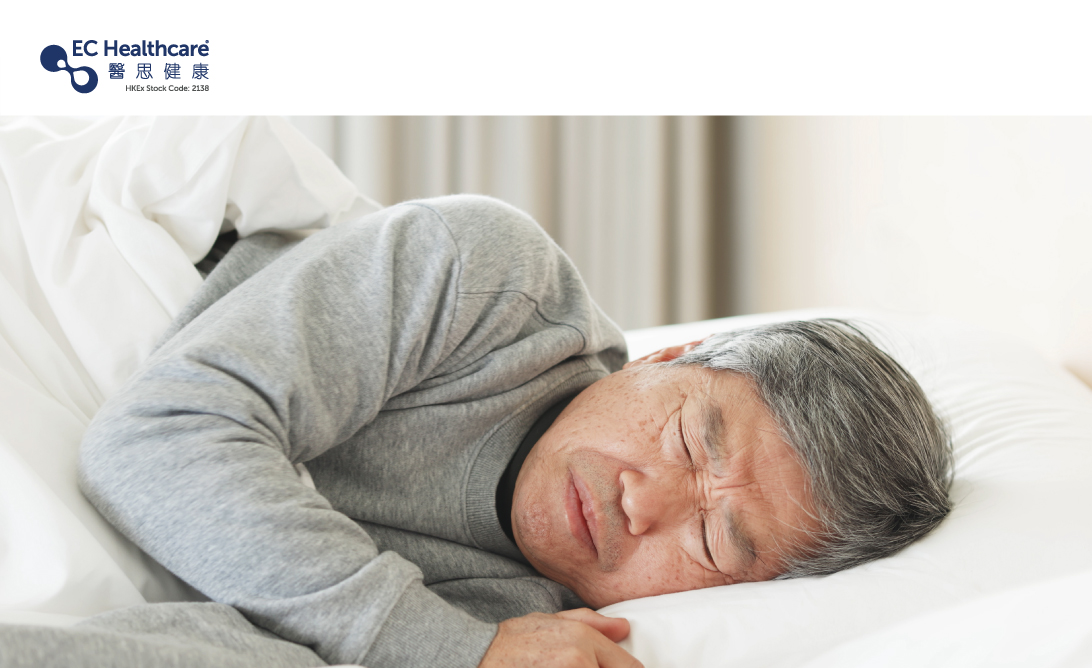Why Sleep is Essential for a Healthy Heart: Understanding the Connection


For many of us busy Hong Kongers, getting a full 7 to 8 hours of sleep can be a “mission impossible” at times. In fact, some people only manage to squeeze in only 4 hours of shut-eye a day! Studies have shown that skimping on sleep can have serious consequences. Not only can it make you forgetful and weaken your immune system, but it can also up your chances of developing heart disease!

Researchers: sleep deprivation ups the chance of heart disease by 70+%
The Karolinska Institutet in Sweden conducted a study with more than 650,000 participants. Researchers found out that sleeping for 7-8 hours a day is the best for their health. Sleeping for more than 8 hours can increase the risk of peripheral vascular disease (circulation disorder in body parts other than the brain or heart) by 24%, while sleeping for less than 5 hours increases the risk by a whopping 74%!
This shows that sleeping too less or too much can harm our health.
What is peripheral vascular disease?
Peripheral vascular disease is the reduced blood flow in the limbs due to narrowed arteries. This is a common condition that can trigger various kinds of vascular diseases in body parts other than the brain or heart. It is often caused by fatty deposits on the artery walls (atherosclerosis), which leads to narrowed arteries and reduced blood flow in the limbs.
Atherosclerosis can also trigger coronary artery disease, stroke, and kidney failure.

7 tips to catch more z’s
Some people may have planned to sleep for 8 hours, but then find themselves tossing and turning at night, ruining their sleep schedule and quality. No worries, the American Academy of Sleep Medicine have shared 7 hacks to get a good night’s sleep:
1.If you can’t fall asleep after lying on your bed for 20 minutes, get out of there to go for a walk or do some stretching exercises before trying to sleep again.
2.Exercising regularly can help your body relieve its stress, but make sure you don’t do intense exercise 2 hours before bedtime.
3.Don’t eat or work on a computer on your bed as this can confuse your subconscious mind and prevent it from recognizing the bed as a space for sleeping.
4.Spend less time lazing in bed and only go to bed when you’re sleepy.
5.Set aside enough time before bed to eat dinner and wash up. Slowing things down and relaxing before bedtime can help you fall asleep faster.
6.Put away your electronic devices including your smartphone and computer at least 30 minutes before bedtime.
7.Do not drink coffee and tea at night and watch your caffeine intake in the afternoon and evening as well.









